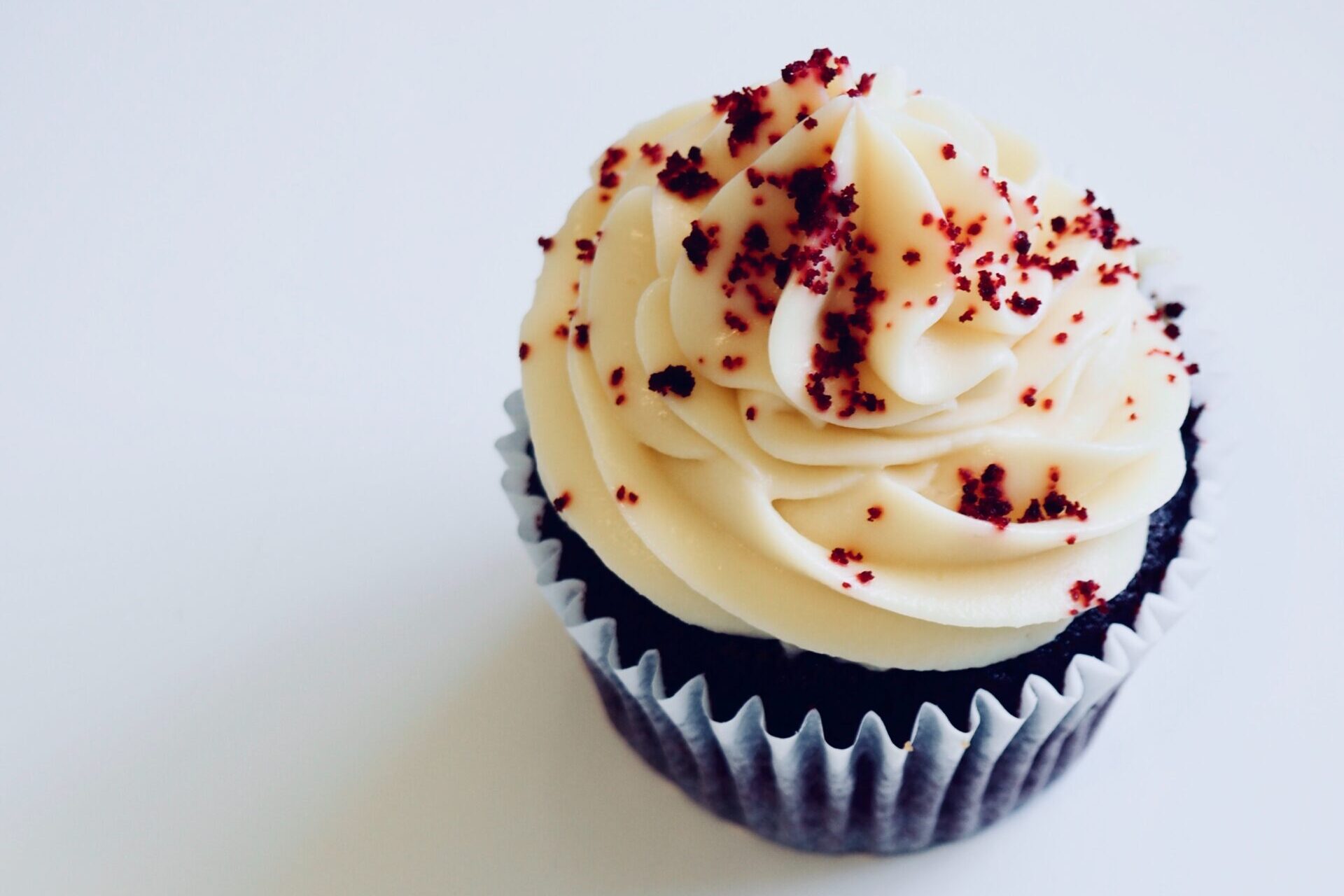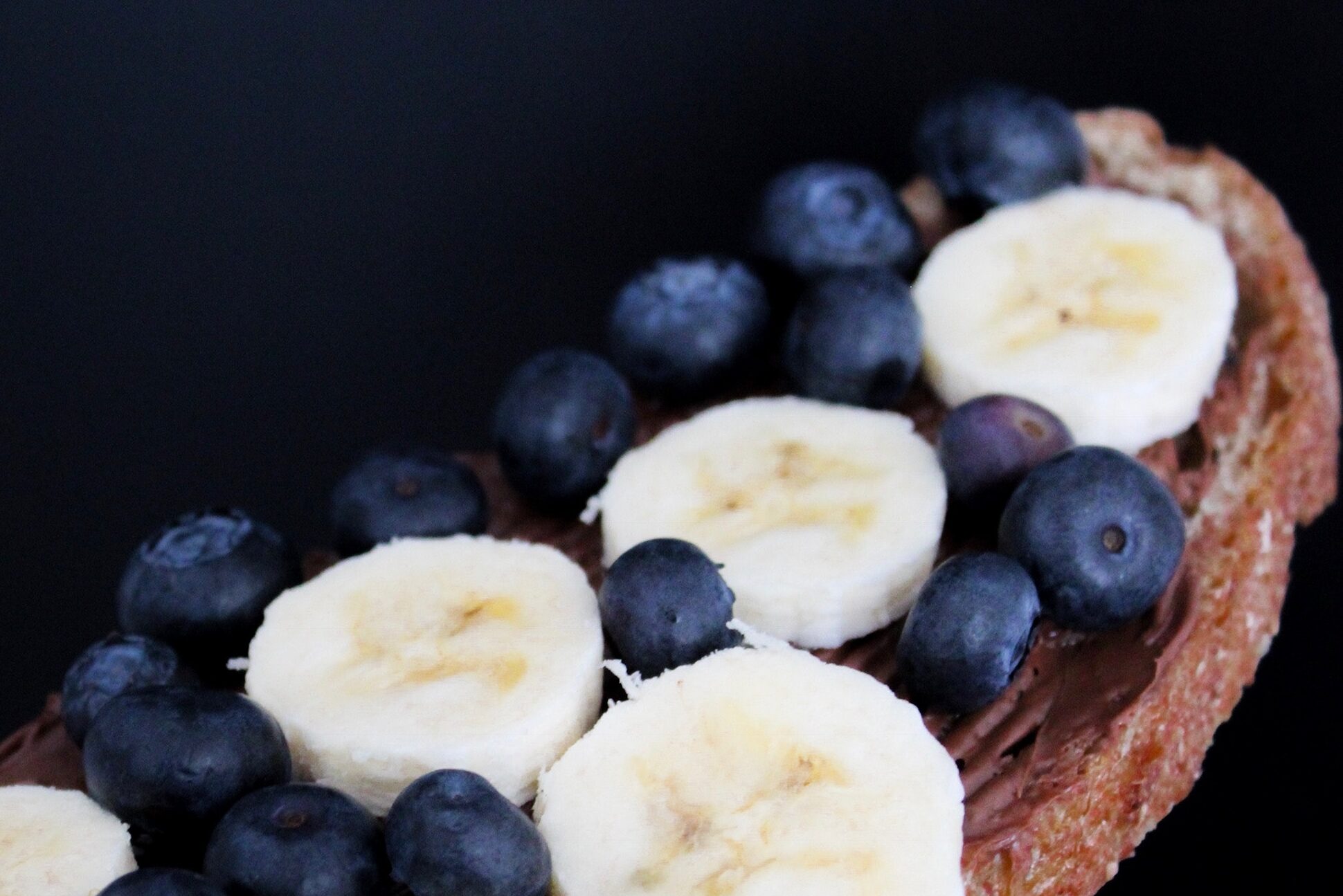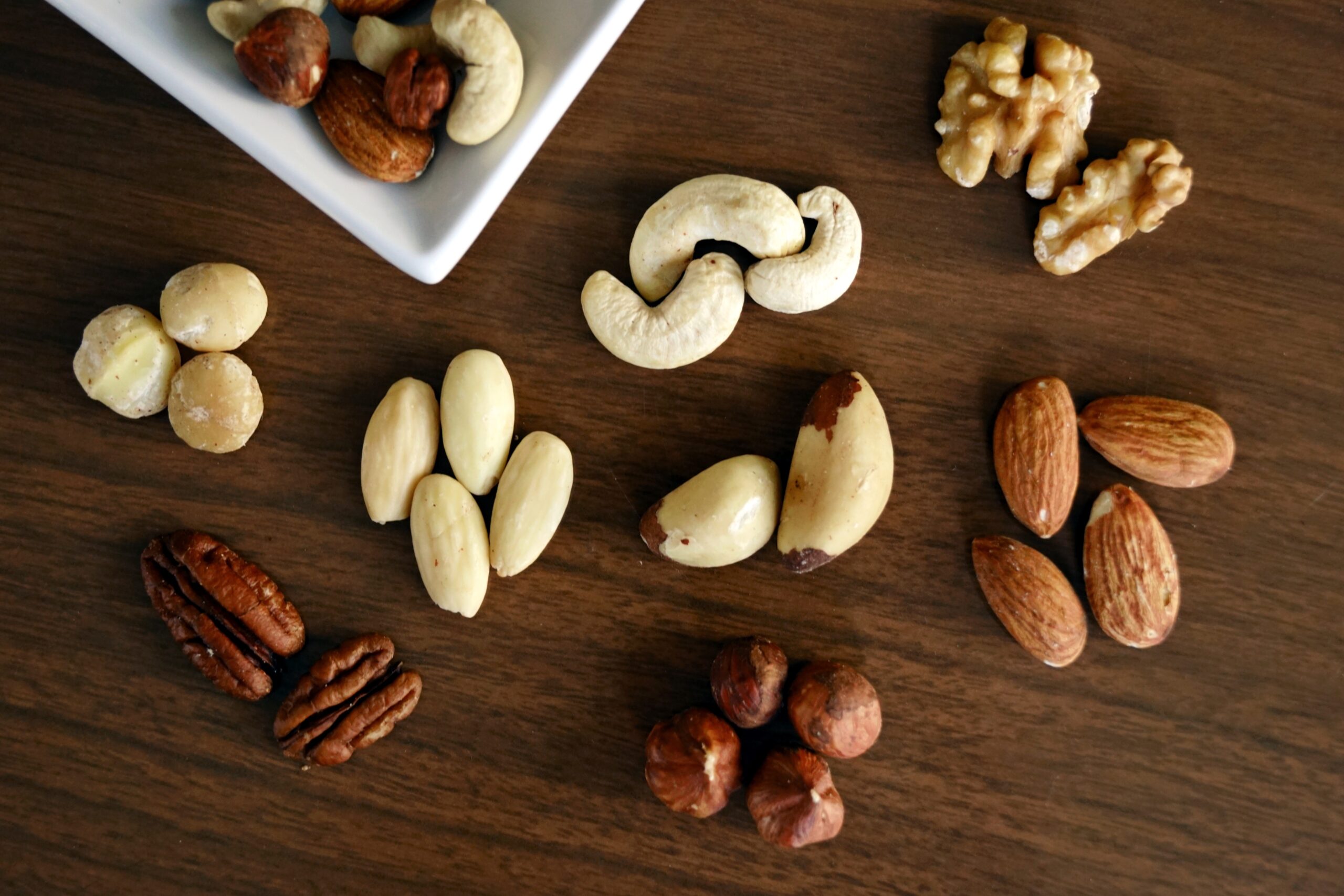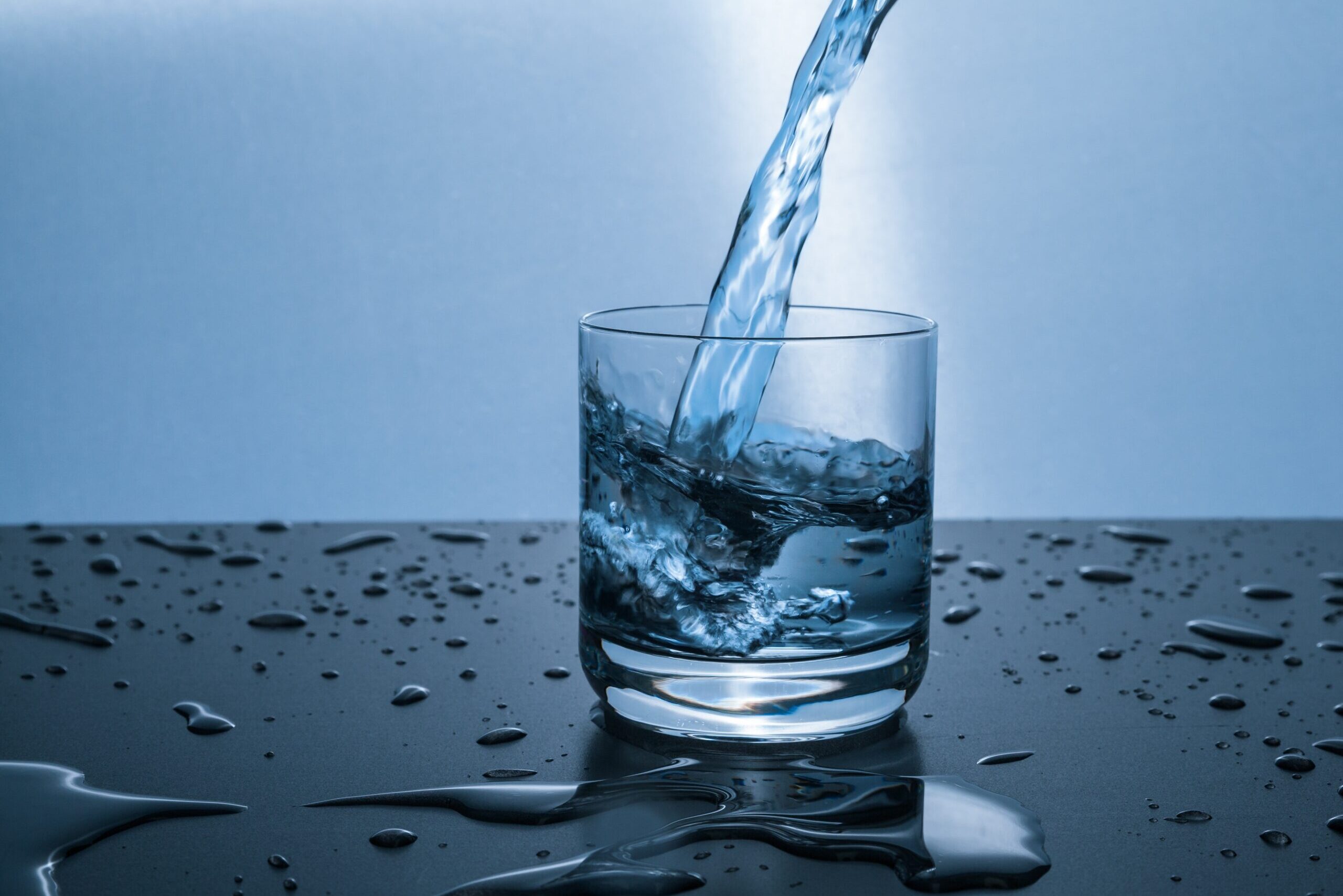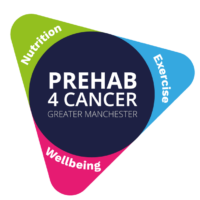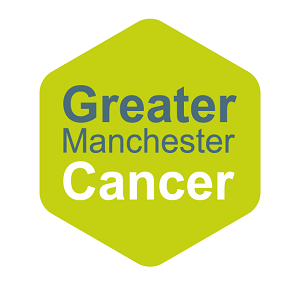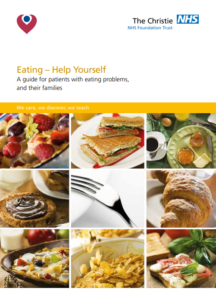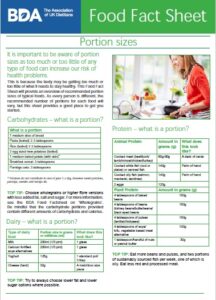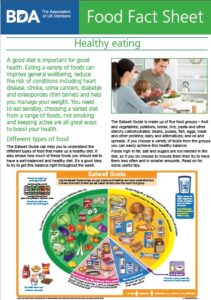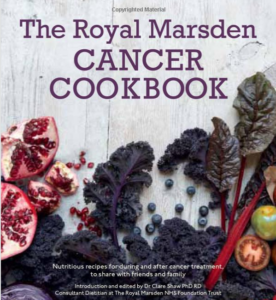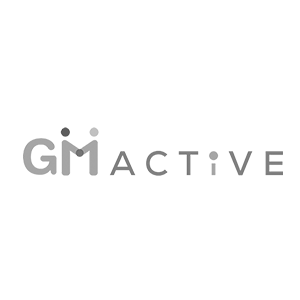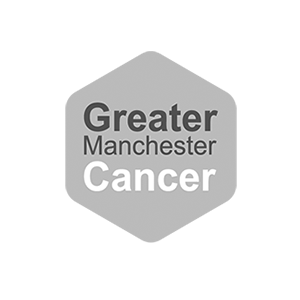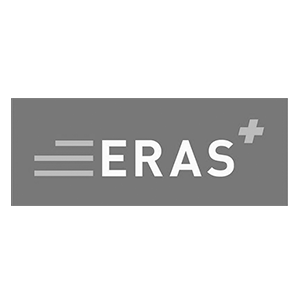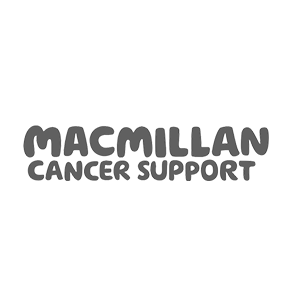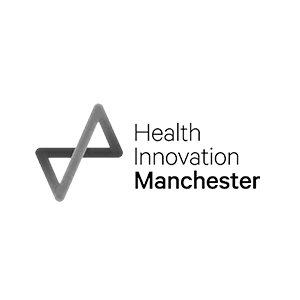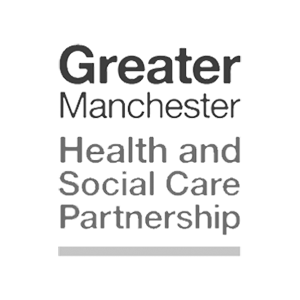Since your diagnosis you may have had several thoughts about food. “What should I be eating?” “what foods could help my treatment?” “Are there any foods I should be avoiding?” Alternatively, you may not have had the time to consider what and how you are eating.
The most important message is to continue to “eat well”. Choosing a wide variety of foods and well-balanced meals can help you feel better and optimise your energy levels.
Trying to lose weight is generally not encouraged. However, if you are overweight and have been advised to do so this should be under close supervision by a healthcare professional due to the risks of losing muscle and strength.
If you are having problems with your appetite inform your exercise specialist so they can sign-post you to further advice and support.
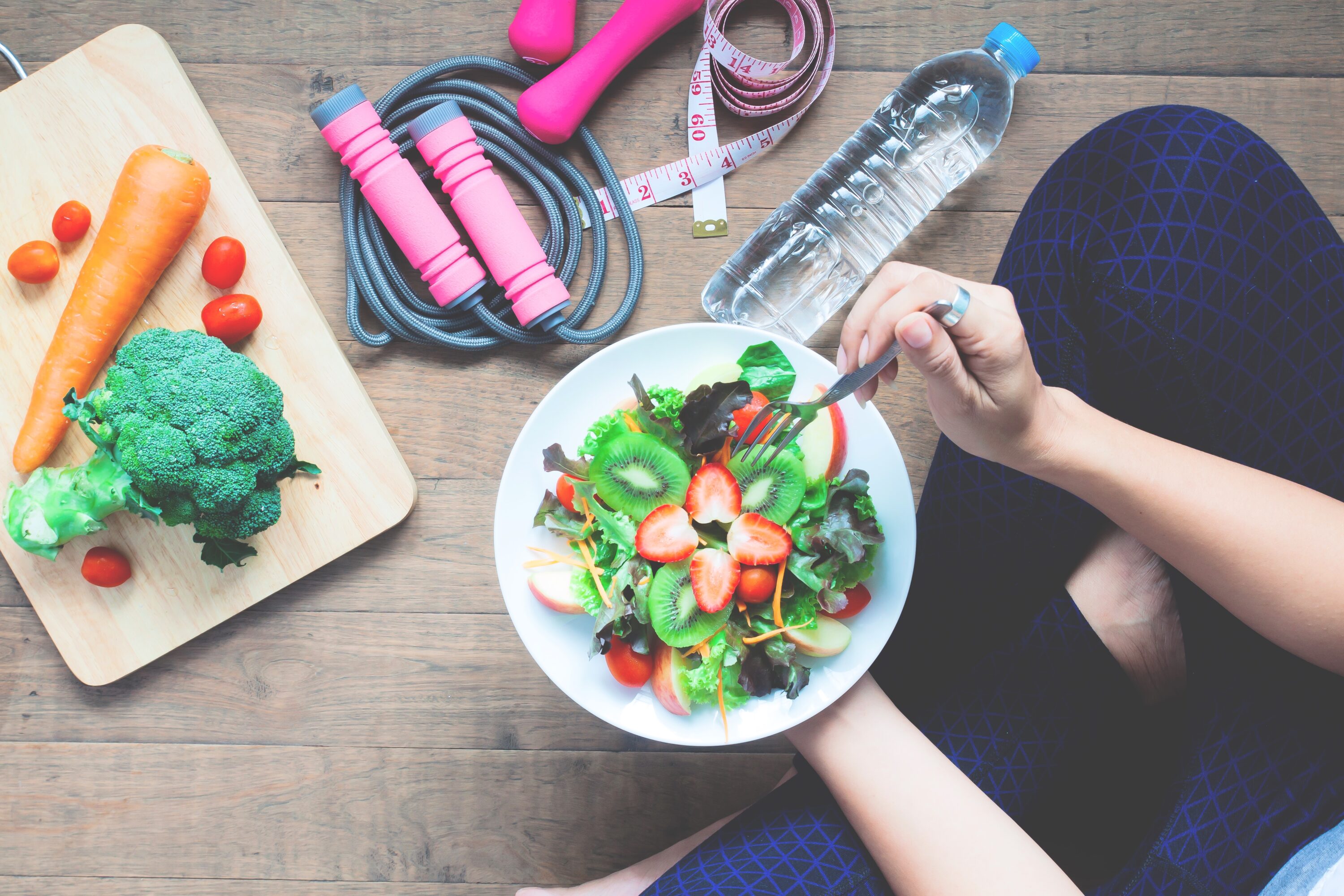
Eat regular meals every day including a variety of foods from the groups below:
Carbohydrates
Ensure starchy carbohydrates are included in each meal or snack. Examples of these are; cereals, bread, potatoes, rice, chapattis and pasta. They provide your body with energy, fibre, vitamins and minerals.
Exercising muscles rely on carbohydrate as their main source of energy.
Dairy
Aim to eat 2-3 portions of dairy or dairy alternatives a day. These include yoghurt, milk / soy milk and cheese. They are an important source of protein, calcium and vitamins.
Protein, Vitamins & Minerals
Incorporate at least 2 portions of meat, fish, eggs, beans or meat alternatives a day. These include chicken, fish, eggs, pulses, beans, lentils, nuts and vegetarian alternatives such as Quorn and tofu. Aim to eat two portions of fish a week, one of which should be oily. These are an important source of protein, vitamins and minerals such as iron.
Fruit & Vegetables
Have at least 5 portions of a variety of fruit and vegetables per day. This includes fresh, frozen, canned and dried fruit and vegetables. They provide your body with important vitamins and minerals, and are a good source of fibre to keep your bowels moving regularly.
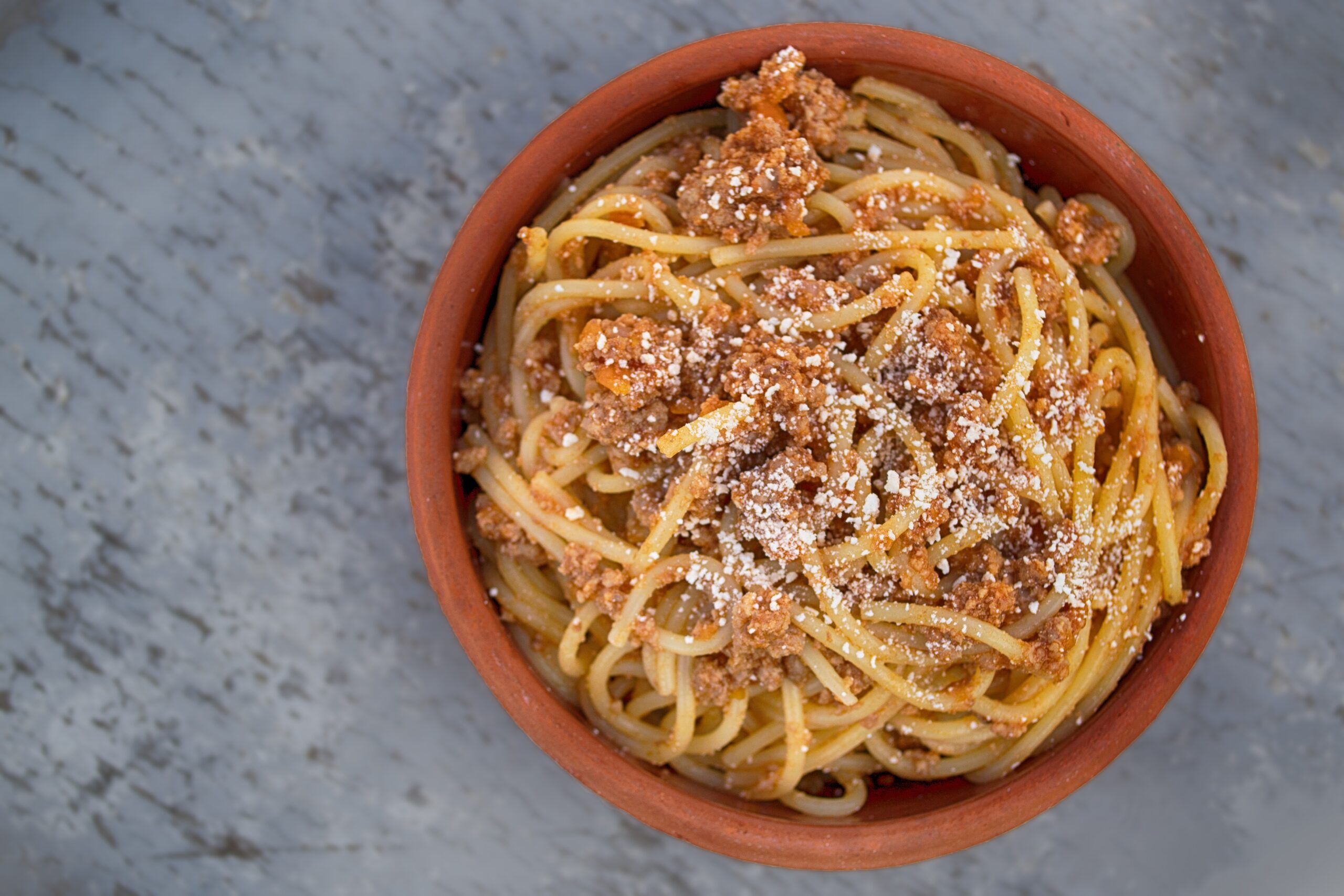
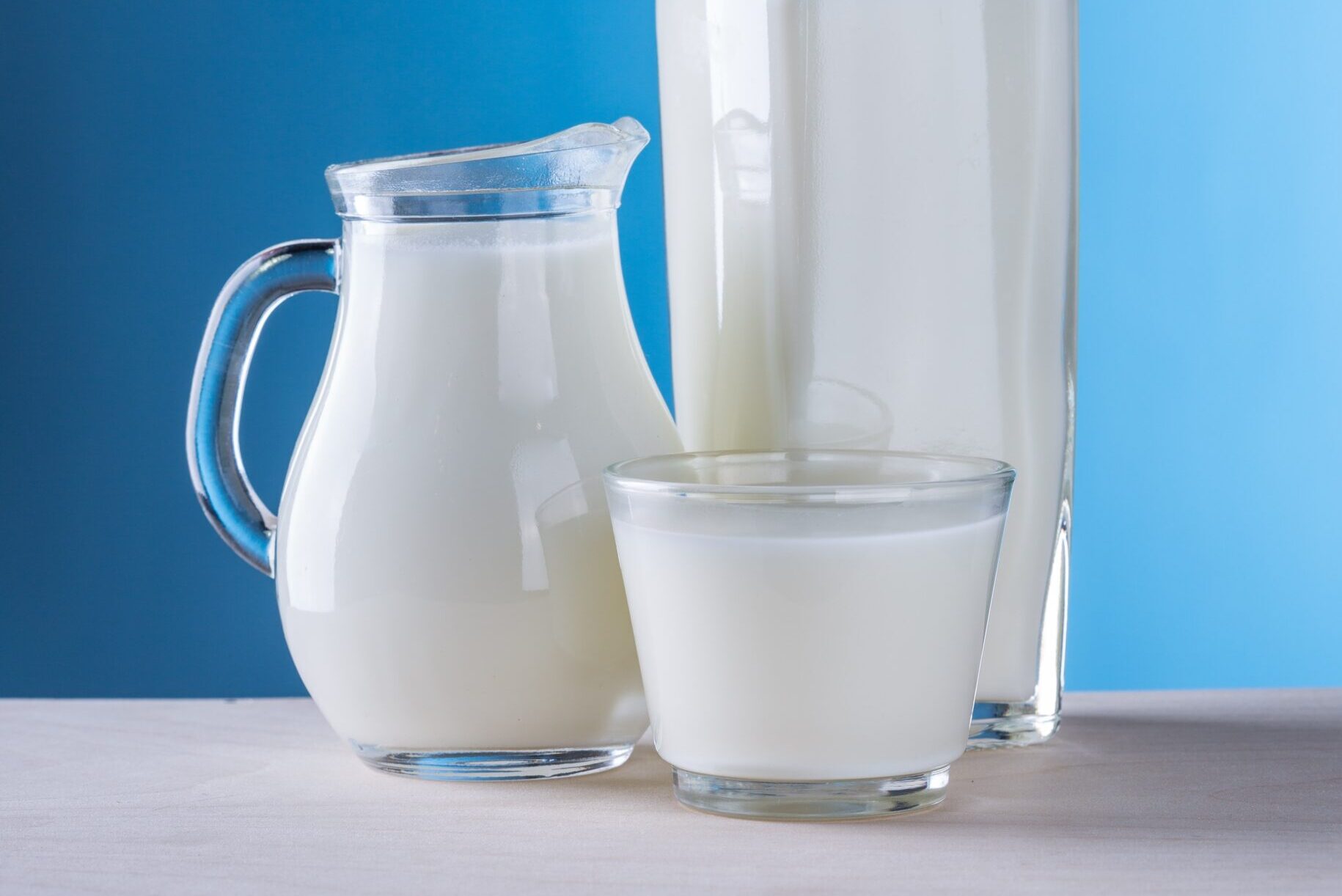
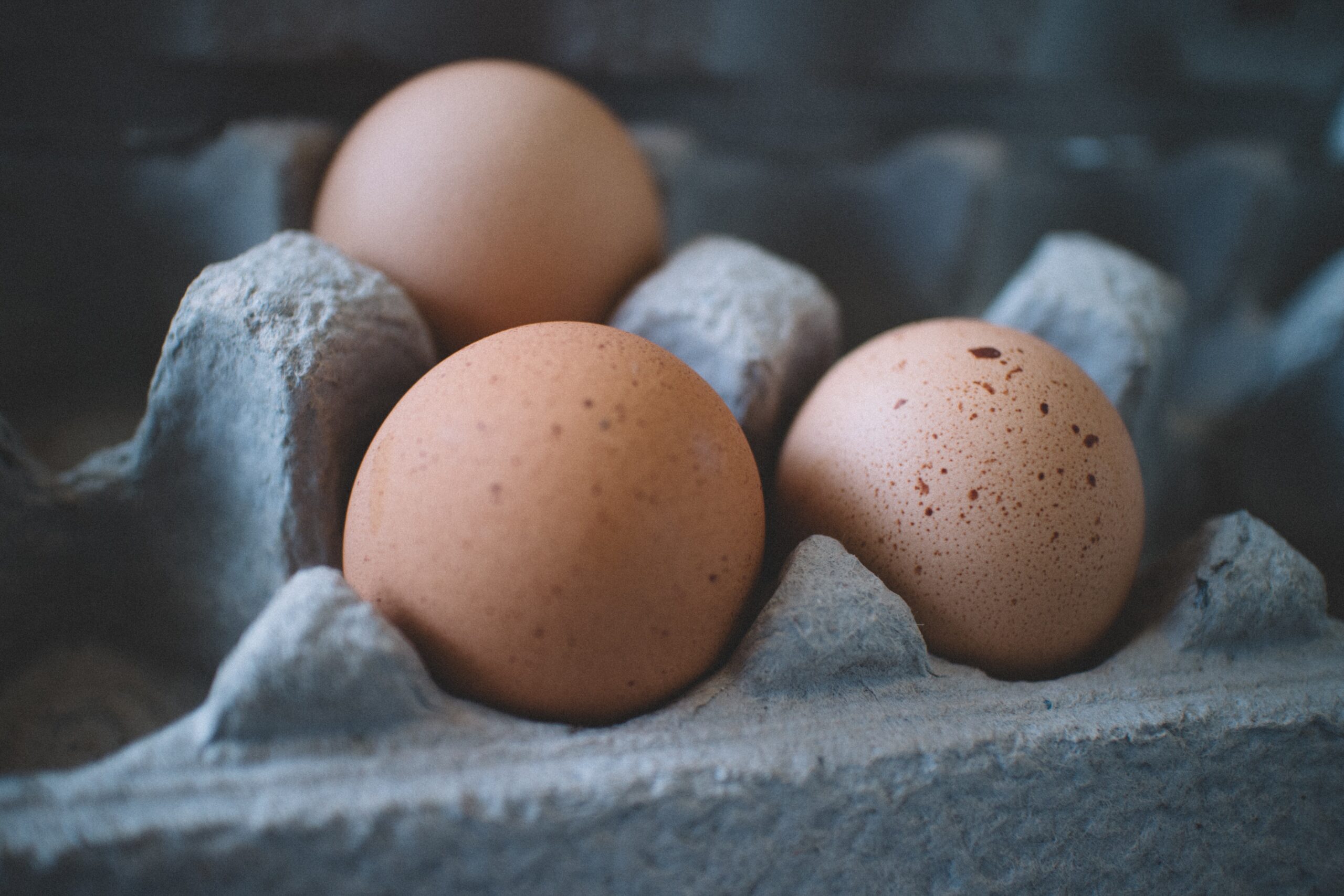
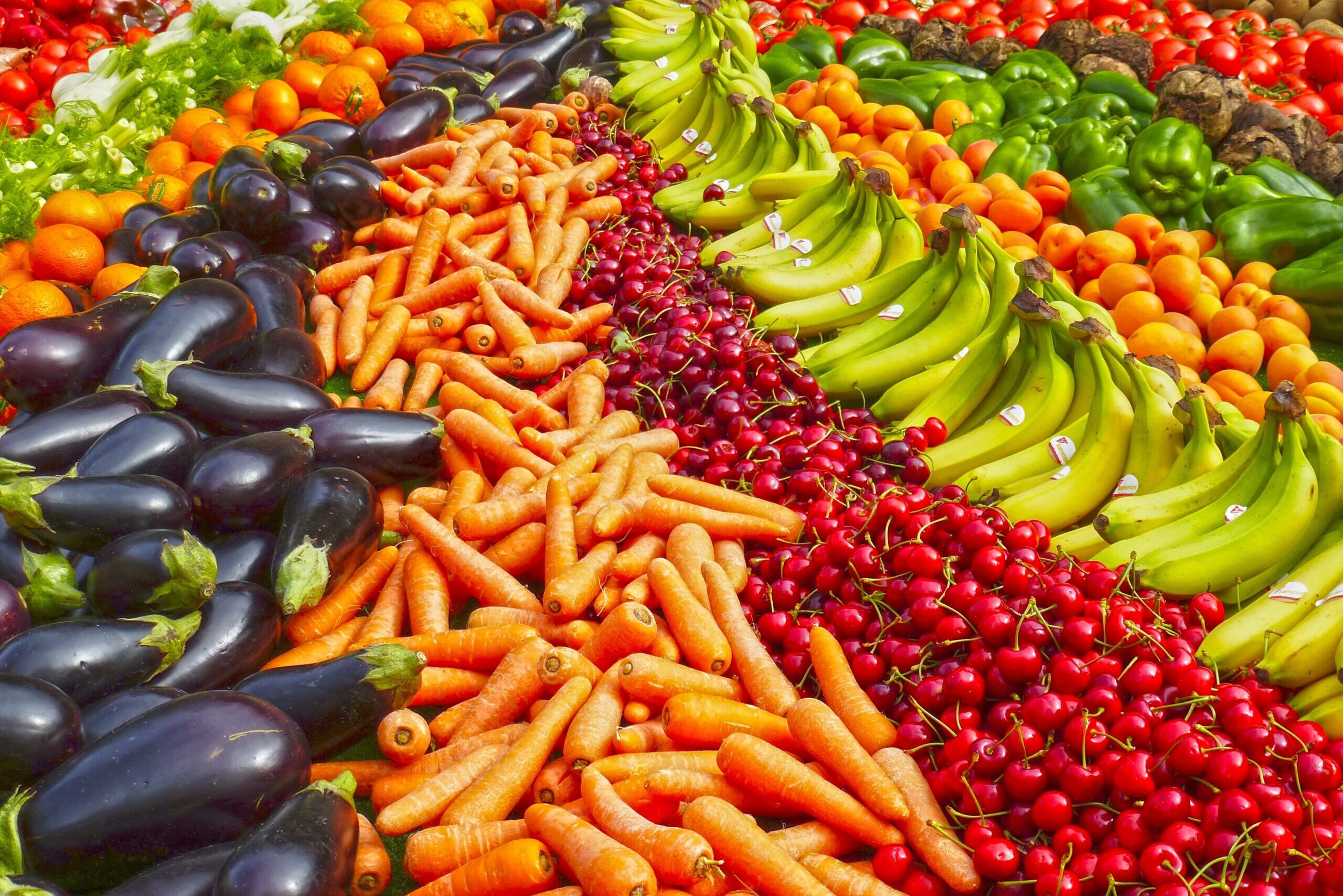
High in Fat & Sugar
Food and drinks high in fat and/or sugar should be eaten in small amounts only. These include butter, margarine, oil, cream, cakes, biscuits, sweets and soft drinks. They are higher in calories but lower in protein and vitamins and minerals than other food groups.
Low Fat
A low fat, high carbohydrate snack or light meal should be eaten 90 minutes to two hours before exercise to ensure you have enough energy for the activity. For example – a bowl of pasta, banana on toast, beans on toast, boiled egg with bread / toast, cottage cheese with jacket potato.
You should eat a snack after exercising to replenish your energy stores.
Post-exercise Meal/Snack
Protein is required for building and repairing muscles. The addition of protein to a post-exercise meal or snack can help muscle repair and recovery. Examples are eggs with toast, beans on jacket potato, hummus and pitta bread, milk, yoghurt, nuts and seeds.
Dehydration affects both physical & mental performance
Therefore it is important to drink plenty of fluids and maintain hydration. As a minimum aim to drink 6-8 cups of fluid every day. Start exercise well hydrated, take on-board appropriate fluids during and after to restore hydration levels and replace the water and salts lost in sweating.
